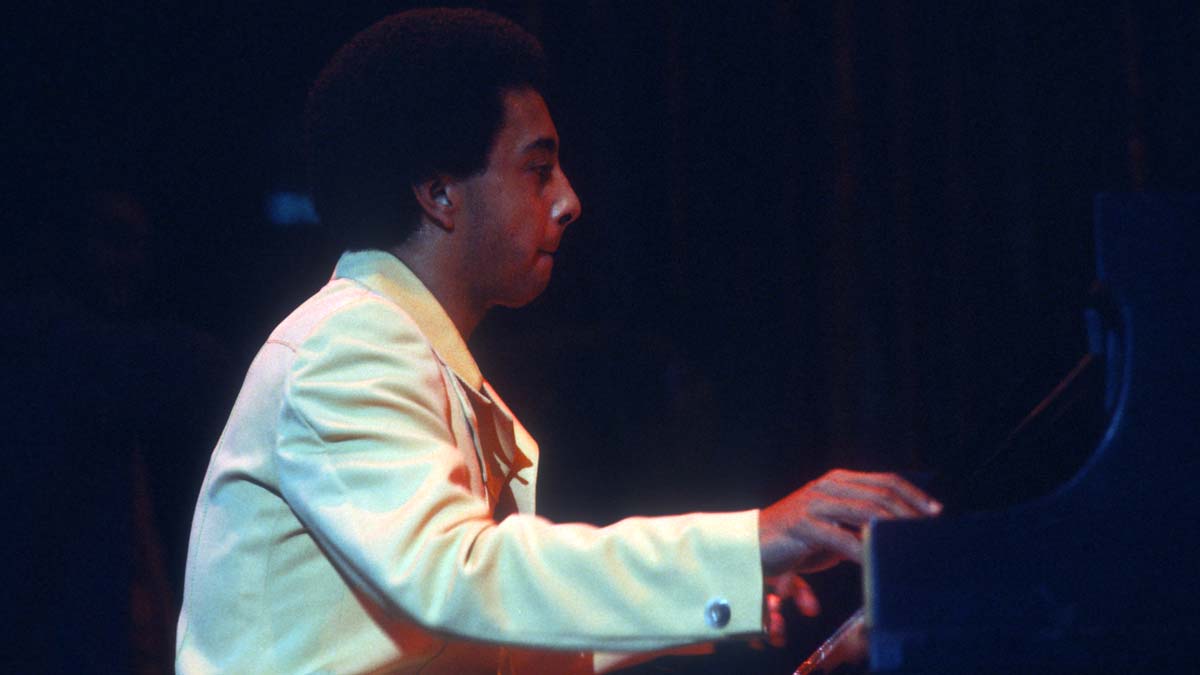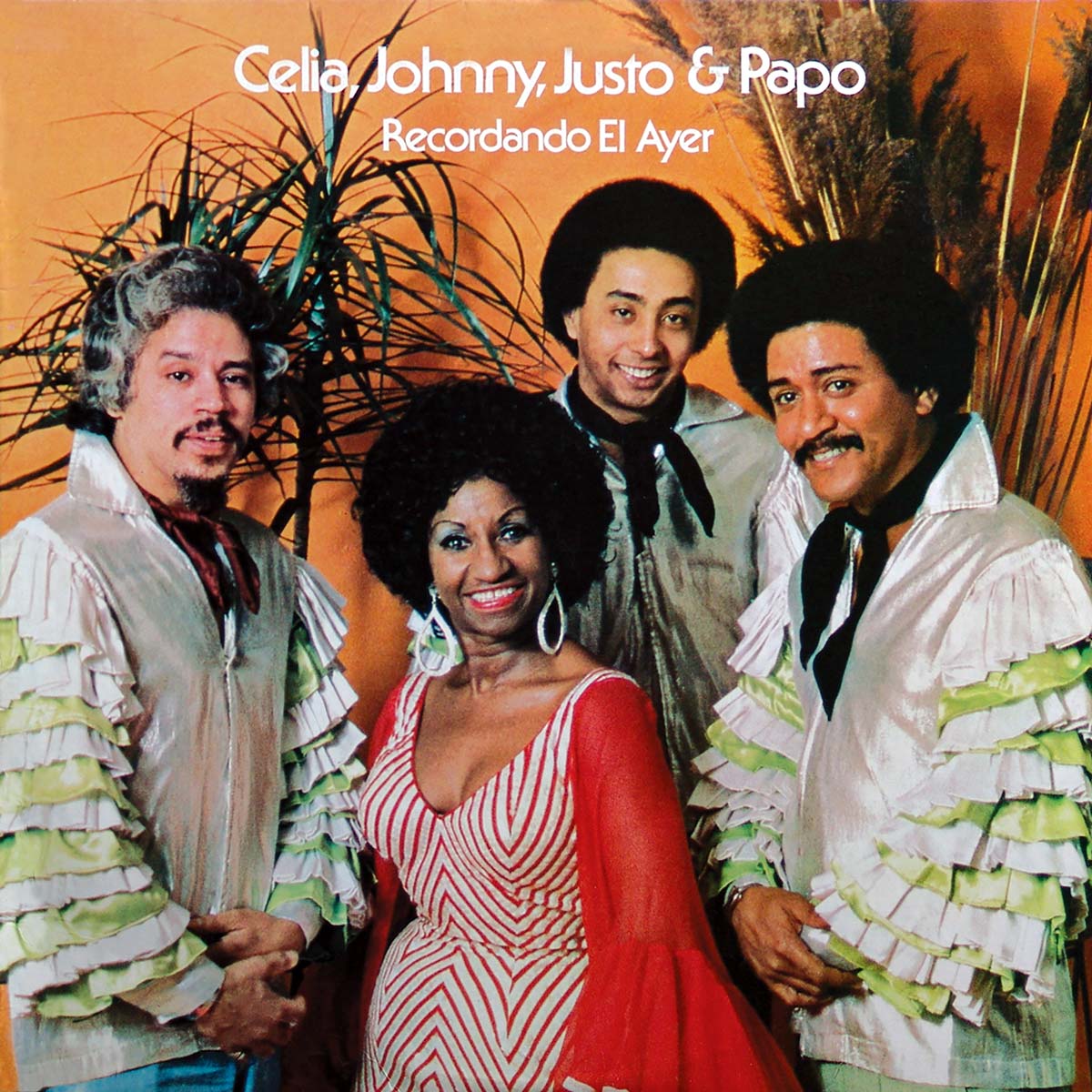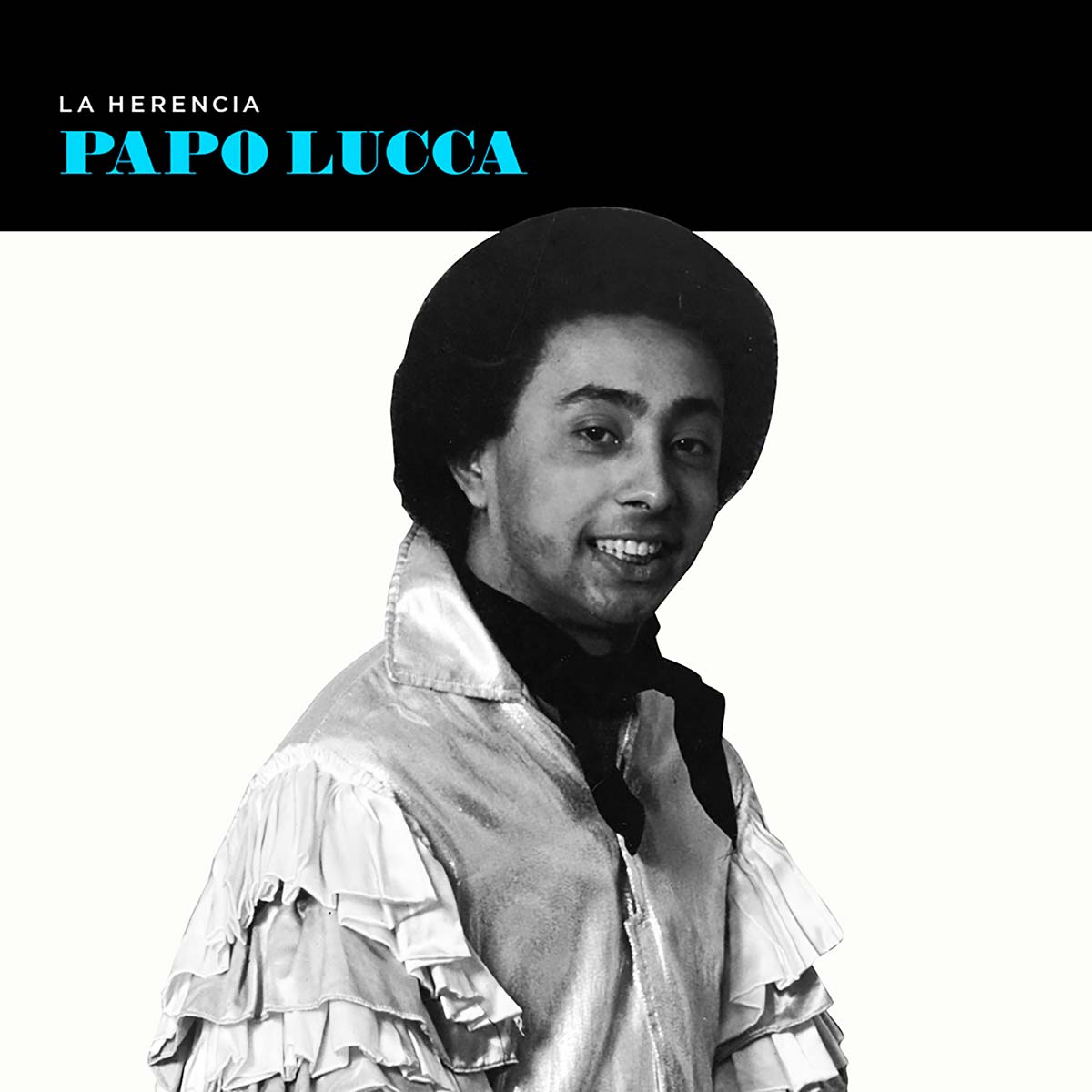
If the legendary Gran Combo represents the meat-and-potatoes of Puerto Rican salsa, then the equally revered Sonora Ponceña must be some sort of exquisite dish for the discriminating palate– a smooth crème brulée, perhaps, overflowing with jazzy harmonies and sophistication. La Ponceña owes most of its refinement to the piano playing of musical director Papo Lucca– the son of original founder Enrique ‘Quique’ Lucca.
Born in Ponce, Puerto Rico on April 2, 1946, Enrique ‘Papo’ Lucca began playing the piano with his father’s band at age 11. Initially, La Ponceña performed covers of tropical hits of the moment by bands such as Cortijo y su Combo and La Sonora Matancera.
In the late ’60s, Papo became La Ponceña’s musical director, beginning a deep transformation that would eventually establish the group as one of the most progressive outfits in the history of Afro-Caribbean music. Papo’s arrangements were daring and adventurous, experimenting with elements of Brazilian music, mainstream jazz and rock. Representing the authentic spirit of Puerto Rican salsa, his piano solos are velvety and funky, marked by their restrained, supremely elegant sense of swing.
By the mid-’70s, La Ponceña was enjoying unprecedented critical and commercial success. The band recorded for the Inca label, which eventually became part of the Fania empire. Papo was called to arrange and play on sessions by some of the label’s biggest artists, including Johnny Pacheco, Celia Cruz and Cheo Feliciano. He was also invited to record and tour with the Fania All Stars.
This compilation pays tribute to the artistry of Papo Lucca through 14 seminal tracks recorded between 1967 and 1981. Although Lucca has worked both as a solo artist and with a multitude of salsa stars, it is his work with La Ponceña that best distills his remarkable vision.
This music is all about making people happy and ignite in them the desire to dance, says Lucca from his home in Puerto Rico. People will accept your music as long as it is danceable, no matter how complex it is. At the same time, salsa voices out the problems of the barrio and acts like an aural newspaper of sorts.
Our journey begins with two early firecrackers from the Ponceña catalogue: “Hachero Pa’Un Palo” and “Fuego En El 23” are covers of songs by Cuban bandleader Arsenio Rodríguez. La Ponceña has always shown a weakness for Puerto Rican folklore, but it has also found plenty of inspiration in the golden era of Cuban music.
The exact moment when La Ponceña becomes a mature tropical orchestra with complete control over its one-of-a-kind aesthetic can be heard on the six tracks culled from the albums Musical Conquest/Conquista Musical and El Gigante Del Sur. Released in 1976 and 1977 respectively, they represent the zenith of the salsa movement.
These exhilarating tracks combine virtuoso musical dexterity with thoughtful lyrics and a healthy sense of humor. “Ñáñara Caí” is a hilarious narrative of sheer magical realism, describing a world where everything is upside down (my favorite line: “Yo vi a una vaca/Chocar con Pacheco”– “I saw a cow/Crashing against [Johnny] Pacheco). Also from Musical Conquest, “El Pío Pío” achieves the perfect cross between gritty Afro-Cuban vibe and hummable pop. This mega-hit is still an obligatory part of Ponceña’s live appearances wherever they go.
The opening track of El Gigante Del Sur, “Boranda” delivers a salsified take on progressive rock. Its lyrics include a heavy sociopolitical message, and the sophistication of its arrangement is a slap on the face for anyone who thinks that this music is only good for dancing. “Soy Tan Feliz” combines a bolero mood with Papo’s electric piano solo, styled after the psychedelic jazz-rock sound of the ’70s. “Noche Como Boca ‘E Lobo” engineers a tasty collision of salsa fever and Brazilian rhythms.
Lucca was not alone in his mission to reinvent the rules of Puerto Rican dance music. He benefited from the instrumental prowess of some of the best players in the island. And when it came to enlisting lead vocalists, his instinct was flawless.
Some of the Ponceña singers featured on this compilation are the smoky voiced Tito Gómez, who would later become a salsa star with Colombia’s Grupo Niche; the inimitable Luigi Texidor, who added a feeling of bonhomie to every single song he ever performed; and Yolanda Rivera, who brought variety to the band’s songbook with her unique pitch and soulful interpretations.
One of Rivera’s happiest moments with the band is included here: culled from the 1980 session Unchained Force, Johnny Ortiz’s “Borinquen” is a moving ode to Puerto Rico blessed with a sinuous melody and a silky instrumental arrangement– one of the most transcendental moments in the Ponceña canon.
The golden days of salsa are nothing but a distant memory in the new millennium, but Papo Lucca continues to shine. Perhaps because he hasn’t stopped recording new music, he refused to idealize the past when I asked him about his all-time favorite Ponceña album.
That would be the last one – the most recent one, he explained in his trademark gruff voice. All of the albums were very important for this orchestra, because they achieved what we set out to do with them: each one reaffirmed the one that came before it. That’s your mission when you attempt to maintain an orchestra that has been around for over 50 years.
The maestro was a little more forthcoming when I asked him to mention his favorite Ponceña concerts.
Probably my first concert with the Fania All Stars at the Madison Square Garden, around 1974, he said. Every single one of the Fania stars was still alive. A couple of years later we played in front of 47,000 people in Cali. My knees usually shake a little before every show, but this time they were really trembling.
Written By Ernesto Lechner.




